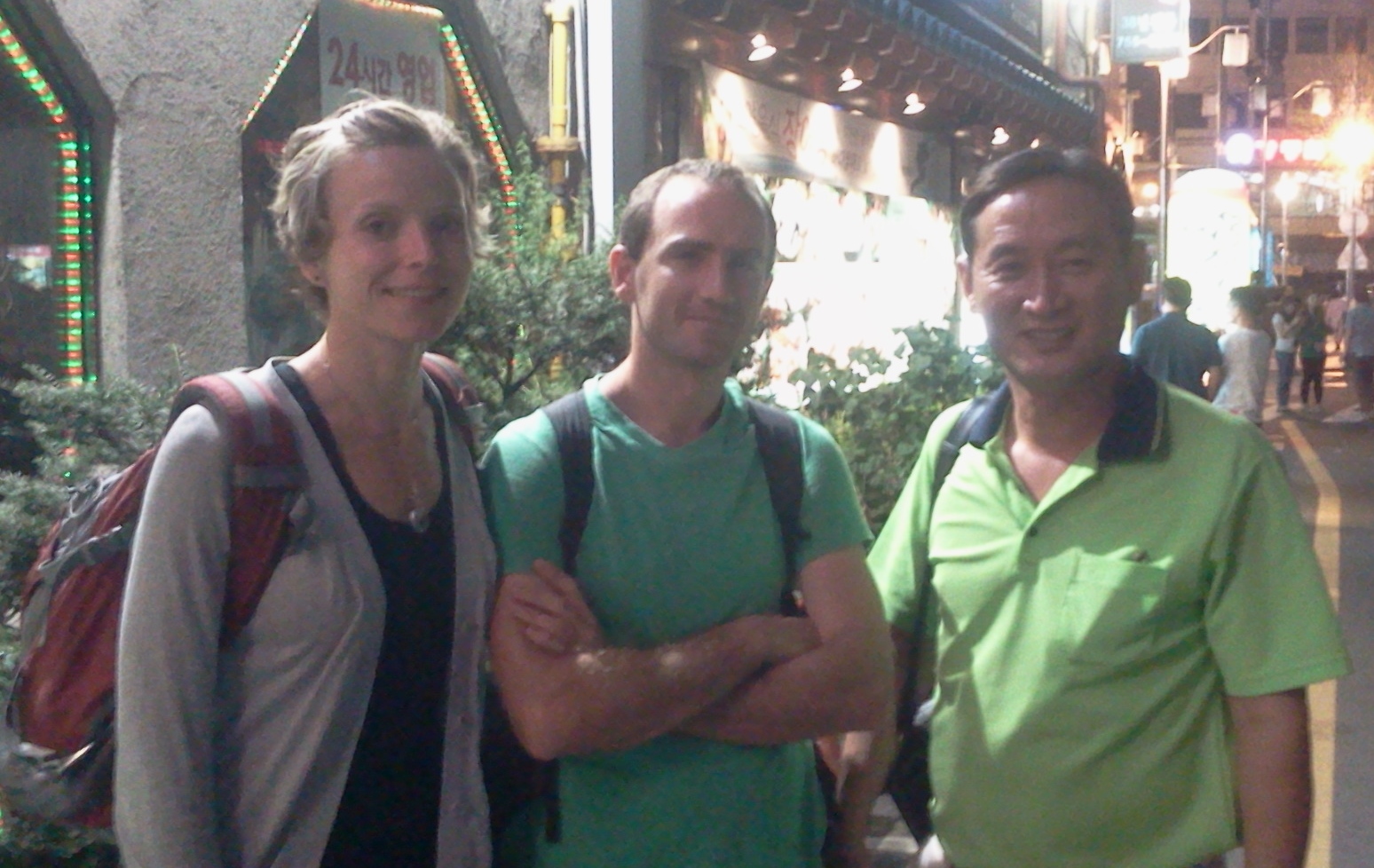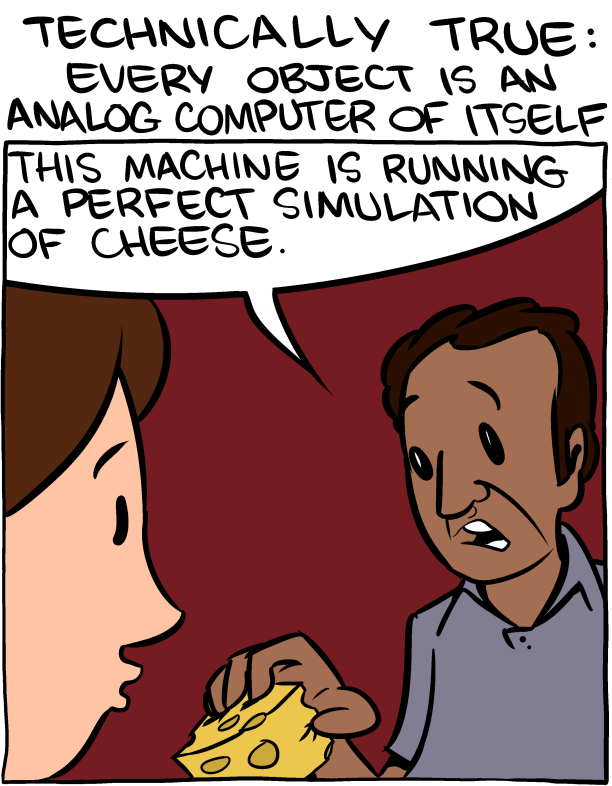So, it’s been a long time since I thought much in this mode, but I ran across something on the Marginal Revolution economics blog that was interesting to me.
There was a time, between about 2004 and 2007, when I was very close to going to business school and getting an MBA. Some people don’t know that about me. I took the GMAT, got a pretty good score (good enough to get unsolicited, pre-filled-out admissions documents from some first rate schools), and I even started the application process.
I was fascinated by the field of project management, and the idea of building teams to solve “business systems problems” such as I’d been involved in with ARAMARK and the IBM and Oracle consulting teams that were working on the comprehensive IT overhaul there (projects that ultimately failed, to the best of my knowledge, and about which I have no small number of strong opinions as to why). Then there was my work later at HealthSmart Pacific and their pharmacy division. I genuinely thought I had the ability – but I had doubts about whether I really had the drive.
“Ability without concomitant ambition” has been my curse (and motto?) since grade school. I wrote exactly that phrase on the cover of a journal I kept in high school – really.
The conclusion, obviously, was that I didn’t go to b-school. I made the decision that what I wanted instead was to follow my heart’s ambition and return to my previous career track, into teaching. Nevertheless, I sometimes think of these “paths not taken.”
This blogpost I ran across referenced, in turn, a short post at kottke.org which in turn pointed to a powerpoint (posted as PDF) by someone at Stanford. The topic is “getting things done” – but within the Silicon Valley Biz-School “Creative Destruction” discourse paradigm. The Coveyesque title is: “The Five Cognitive Distortions of People Who Get Stuff Done.” As a person who eternally struggles with getting things done, this was immediately interesting me. What do the b-school gurus have to say about it?
Here they are:
1. Personal exceptionalism
2. Dichotomous thinking
3. Correct overgeneralization
4. Blank canvas thinking
5. Schumpeterianism
 Schumpeter was (I think – not going to check) the originator of the “creative destruction” idea in economics, as an engine of progress and growth.
Schumpeter was (I think – not going to check) the originator of the “creative destruction” idea in economics, as an engine of progress and growth.
Which of those “cognitive distortions” do I have? Should I try to score myself? How do I rate, 0~10, on each of these axes?
1. Personal exceptionalism – only on good days: 4/10
2. Dichotomous thinking – terribly: 10/10
3. Correct overgeneralization – hard to judge, but I’ll say: 7/10
4. Blank canvas thinking: I’m an artist at heart: 8/10
5. Schumpeterianism: this is where I fall down: 1/10? I’m too chicken to “creatively destroy” things. I instinctively lean toward consensus-driven models of work, which, as anyone who’s tried to be a Quaker knows, is nigh impossible. I’m not clear on the theoretical relationship between a consensus model of organizational change and Schumpeter’s concepts (they’re slightly different semantic domains, clearly), but my intuition is that they’re in conflict.
So under this discourse frame, do I have a chance of getting stuff done? I’d say not excellent, but something, anyway.
Something to think about. (Picture at right: Schumpeter.)
What I’m listening to right now.
Fitz and The Tantrums, “Out of My League.”
[daily log: walking, 6 km.]

























